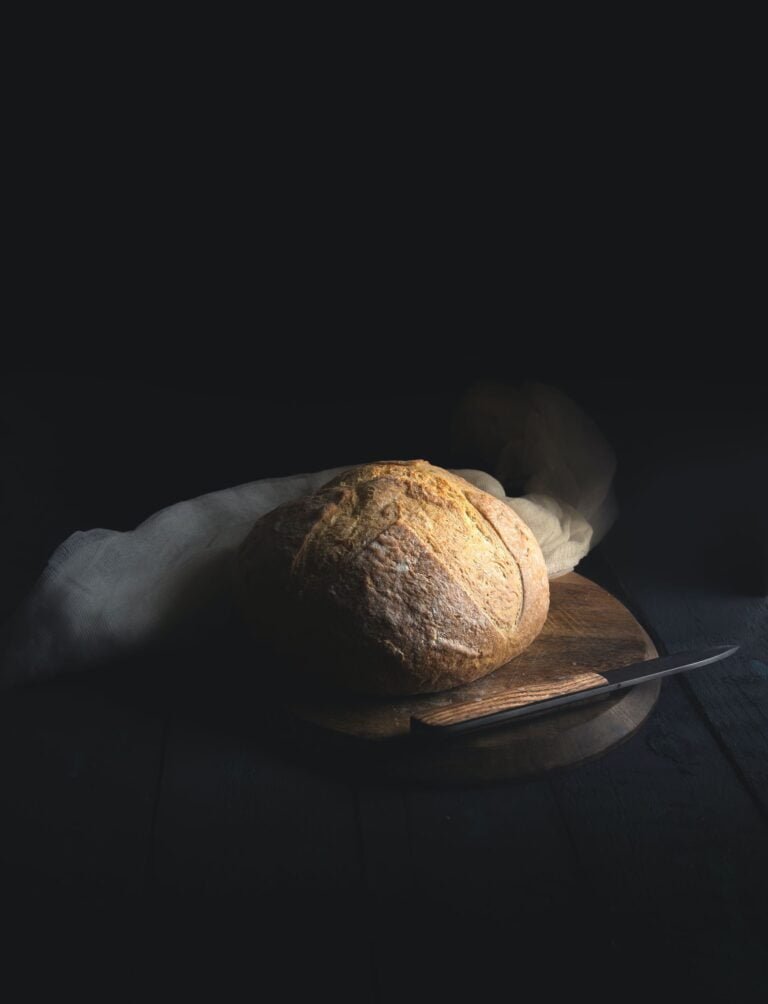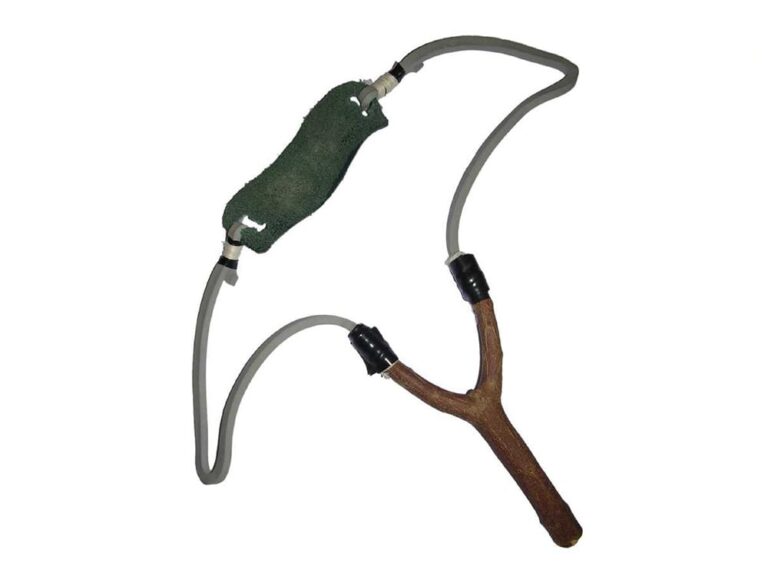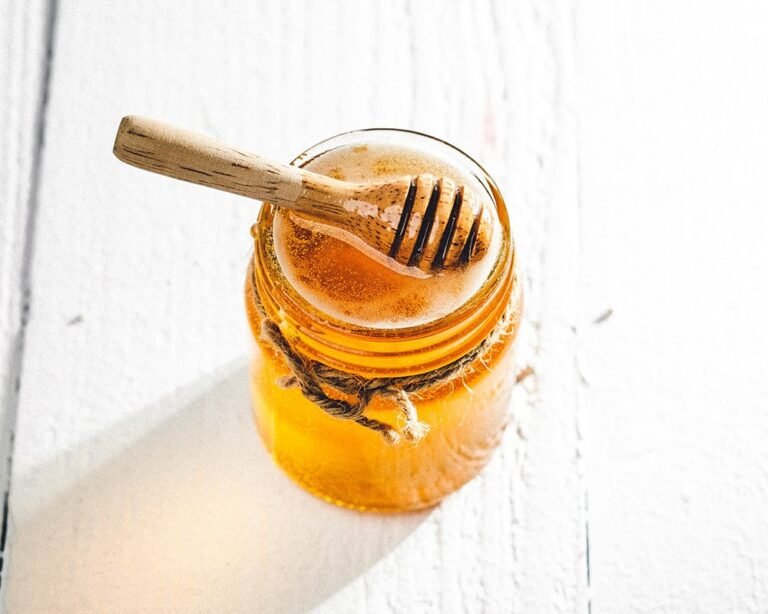Brève de comptoir
“Brève de comptoir” means a very short and amusing story, or a story that is typical of a bistrot or cafe conversation. In French, “une brève” is a newsflash or news in brief. “Un comptoir” means a counter, like the top of a bar in a French bistrot or cafe. So a “brève de comptoir” is literally a newflash of the counter, or a countertop newsflash.
It is thought that this expression is relatively recent, dating back to around 1988 and the French writer, actor and humorist Jean-Marie Gourio. He wrote the script for the movie “Brèves de comptoir” which was released in 2014. So if you’re interested in finding out more about this expression, you might want to watch that movie.






